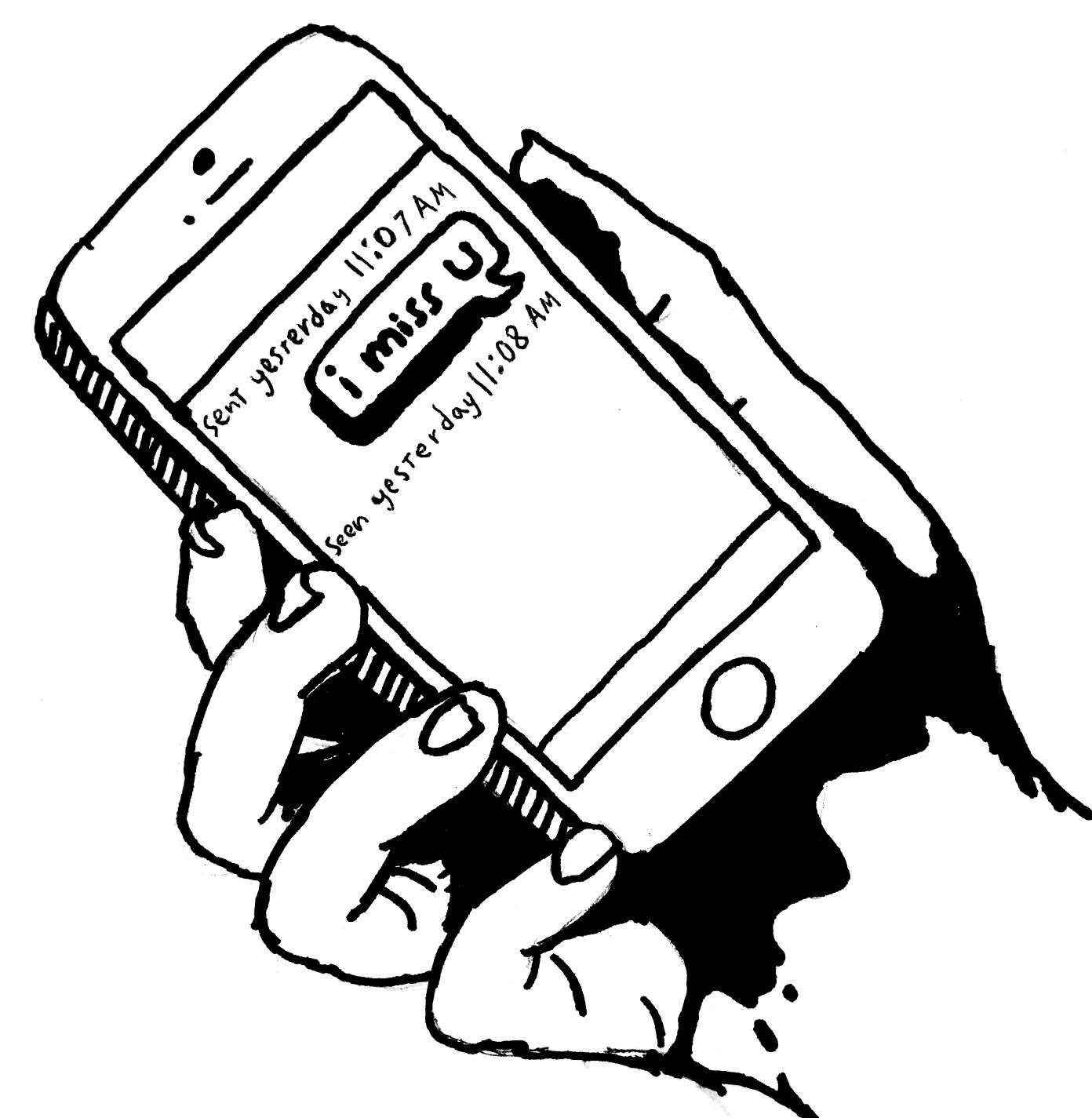

Imy in text professional#
IMY is informal and can be used to respond quickly to messages, but jargon should be avoided online in many professional settings. The independent abbreviation “MY” (“Miss You”) is almost never used because it is already an English word.Īll of these variations can be capitalized or uncapitalized. Of course, the use of the word “miss” and “love” have two completely different meanings, so be careful which word you choose. Abbreviations like “ILYSM” (I love you so much) and “ILYMTA” (I love you more than anything) are easily interchangeable. There are some variations of IMY that are common on messaging platforms, and it is more similar to “ILY” or “I Love You” because it is easy to change the word “miss” to “love”. For example, friends who may have lost touch due to stressful life situations. It can also be used with close friends who haven’t seen or spoken to each other in a long period of time. The jargon is not limited to intimate interactions. Here are some proper ways to use IMY in text:

The abbreviation is most commonly used and understood by younger generations (think Generations Y and Z), but don’t bet someone who isn’t as tech-savvy or text-savvy will understand what the phrase means. The search term really started to skyrocket on the web in 2004, and its popularity has increased, most notably during the onset of the 2020 COVID-19 pandemic with a focus on texting and song. It’s a simple (and thoughtful) way to tell another person that you miss them.Īccording to Google Trends, “IMY” has been searched for most frequently in the United States, Armenia, and Lebanon. IMY is an abbreviation for the phrase “I miss you” and is most often used in texting and casual communication. Instead of never communicating, when you’re thinking about someone, send them a quick “I miss you” or “IMY” text.

In today’s busy world, it’s not always easy to find time to call and catch up with friends and loved ones.


 0 kommentar(er)
0 kommentar(er)
